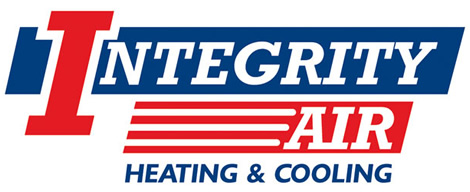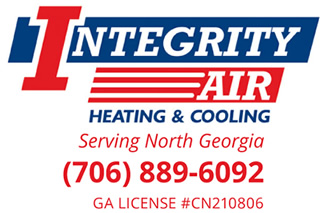• Use Fans When You Can — While fans cannot replace air conditioning, they can provide supplemental cooling. Fans are most effective when the outside air temperature is cooler than the inside and when operated at night. Using standing or ceiling fans instead of your air conditioner can save 60% or more in energy.
• Set Your Thermostat as High as Comfortably Possible — By maintaining a minimum difference between indoor and outdoor temperatures, you’ll lower your overall cooling bill. For example, setting the thermostat at 78 degrees versus bumping it down to 72 degrees can decrease your cooling costs 12% or more.
• Don’t “Jump Start” Your AC — Avoid the temptation to set the thermostat drastically lower than the desired temperature when you first turn it on. This will not cool your home any faster; it will only cool to a lower temperature than necessary and waste energy.
• Run Your System Fan Correctly — Set your fan to the “On” position in winter to eliminate hot and cold pockets of air. Leave the fan in the “Off” position in the summer to maintain low humidity levels.
• Shade Your Unit — Shade your outside air-conditioning unit by planting trees or shrubs, but make sure you do not block the airflow. A unit operating in the shade uses up to 10% less electricity than one operating in the sun.
• Watch How You Cook — On hot days, avoid using the oven; cook on the stove, use a microwave oven or grill outside if possible.
• Remove the Humidity — When you shower or take a bath, use the bathroom fan to remove the heat and humidity from your home. Your laundry room might also benefit from spot ventilation. Make sure bathroom and kitchen fans are vented to the outside (not just to the attic).
![]()
• Consider Installing ENERGY STAR Qualified Equipment — Replacing your old heating and cooling equipment with ENERGY STAR qualified equipment can cut your annual energy bill by nearly $200.
• Take Advantage of Rebates — Local utility providers offer rebates, incentives and more for everything from installing a programmable thermostat to properly sealing your ducts and replacing your gas furnace with a high-efficiency heat pump. Click here to find out more, or contact Georgia Power, or your local EMC for complete details.


